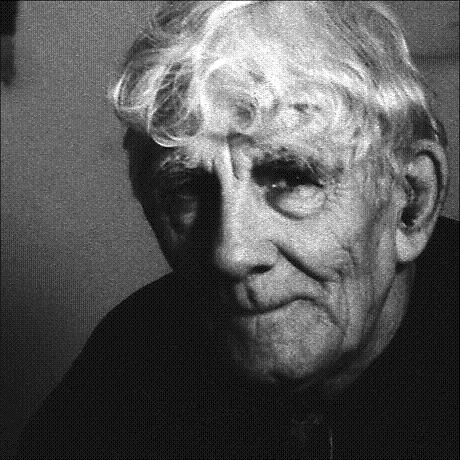Difference between revisions of "Taylor, Alan"
m |
(→Alan Taylor 1933-2016) |
||
| Line 4: | Line 4: | ||
[[File:Alantaylor.jpg|right]] | [[File:Alantaylor.jpg|right]] | ||
| − | Taylor was born in Britain and served in the Korean War. He was a prisoner in North Korea and China and disillusioned by Britain's treatment of returned prisoners, suspected of having been brainwashed | + | Taylor was born in Britain and served in the Korean War. He was a prisoner in North Korea and China and disillusioned by Britain's treatment of returned prisoners, (they were suspected of having been brainwashed) he migrated to New Zealand in 1953. |
He became enamored of Maori culture and history. His many short archaeological publications came from this interest and his self-taught archaeological field | He became enamored of Maori culture and history. His many short archaeological publications came from this interest and his self-taught archaeological field | ||
Latest revision as of 18:48, 1 October 2017
Alan Taylor 1933-2016
Taylor was born in Britain and served in the Korean War. He was a prisoner in North Korea and China and disillusioned by Britain's treatment of returned prisoners, (they were suspected of having been brainwashed) he migrated to New Zealand in 1953.
He became enamored of Maori culture and history. His many short archaeological publications came from this interest and his self-taught archaeological field work. The sites he explored were under threat from development before there was any legal protection and in several cases his notes are the only records existing of lost sites. He had little engagement with the archaeological community of the time.
His book length publications show his capacity for extensive documentary as well as field research. His recognition of Maori folk art was in advance of any others.
His later career was as an expressionist artist working in bright multiple colours, expressing rather than representing New Zealand landscape and in much of it calling up its history. It was often deliberately naive and primitive.
Taylor identified with radical movements and in his life and art was often associated with protest movements.
Alister Taylor has published an obituary[1].
Bibliography
Articles
1961 Five Manukau pa sites. NZAA Newsletter 4(2):56-61.
1962 Pukaki Pa II: a brief survey. NZAA Newsletter 5(l):84-86.
1962 Scoria-faced pits near Mount Wellington. NZAA Newsletter 5(1):87.
1963 Smales Mountain Area II: a tentative survey. NZAA Newsletter 6(l):4-5.
1963 House and storage pits in Auckland Province. NZAA Newsletter 6(l):72-75.
1963 Warfare during Archaic period of Maori culture. NZAA Newsletter 6(2):107-110.
1964 Maori gunfighters pa. NZAA Newsletter 7(2):114-115.
1968 Perforated shells. NZAA Newsletter 11(3):121.
1968 Archaeological cross-section symbols. NZAA Newsletter 11(3):121-123.
1968 A Manukau coastal site. NZAA Newsletter 11(3):124-125.
1970 Agricultural adzes. NZAA Newsletter 13(2):86-87.
1971 Modified stone adze. NZAA Newsletter 14(4):198.
1972 Manukau caves and rock shelters. NZAA Newsletter 15(4):161-162.
1973 Hand-forged iron trade axe. NZAA Newsletter 16(2):82-83.
1984 Classic Maori burial and cremation in the Manukau area. NZAA Newsletter 27(4):256-261.
1989 An unrecorded Tainui tokotoko. AINZ 32(1):51-52.
and Maddock, K.J. 1962 A coastal ridge pa, Awhitu Peninsula. NZAA Newsletter 5(1):88-91.
Books
1966 The Māori builds: life, art and architecture from Moahunter days. illustrated by W.A. Taylor. Whitcombe and Tombs.
1981 Polynesian tattooing. Brigham Young University
1988 The Maori warrior. Brigham Young University
1988 Maori folk art. Century HutchinsonThumbnail
and Judi Thompson, 1980 Polynesian canoes and navigation. Brigham Young University
Web Resources:
https://www.prints.co.nz/page/fine-art/CTGY/Artists_Taylor_Alan
http://www.ariel-books.com/alantaylor.htm
References
- ↑ Alan Taylor 1933-2016, Artist and writer. http://www.scoop.co.nz/stories/CU1606/S00327/alan-taylor-1933-2016-artist-and-writer.htm Acessed September 2017.
